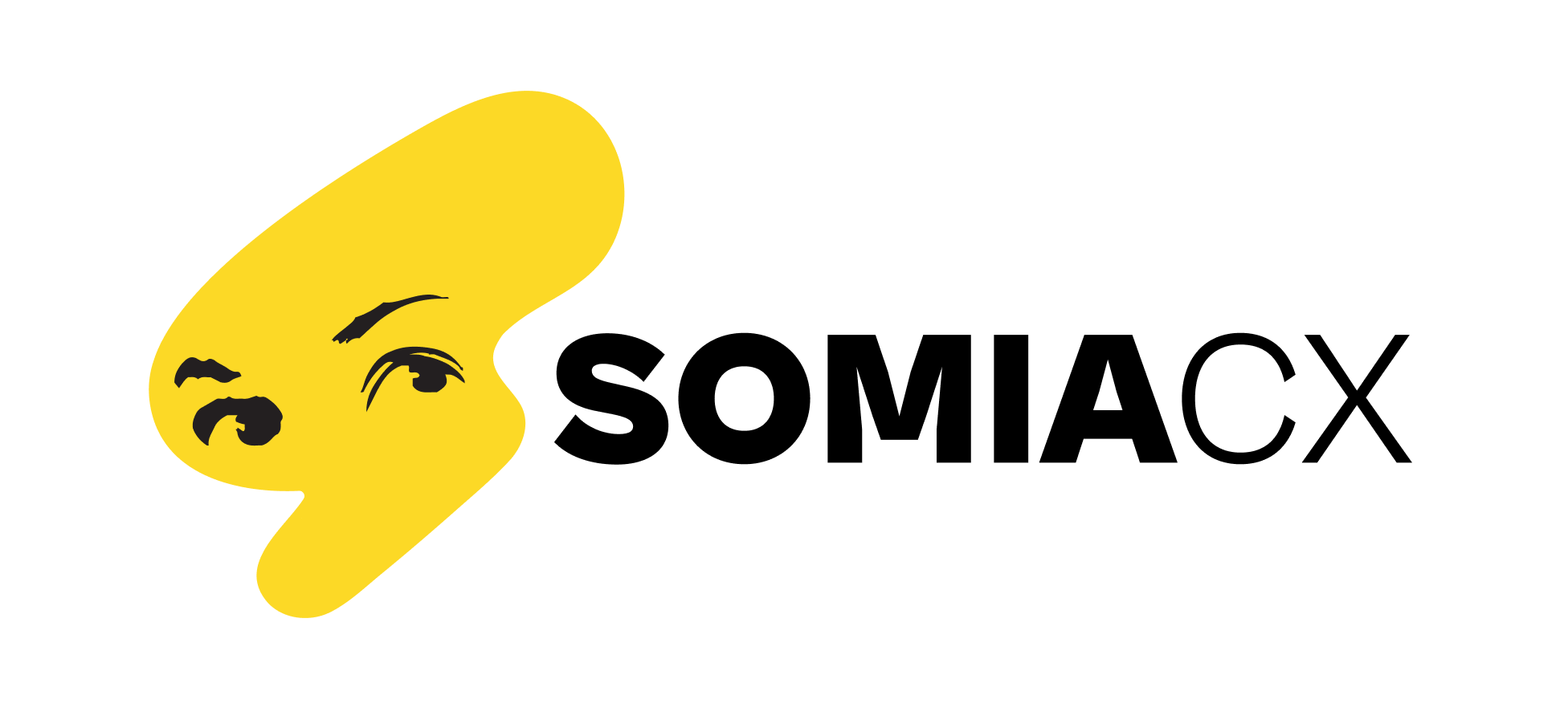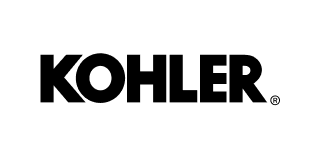Muslim Sanitaryware Product Innovation
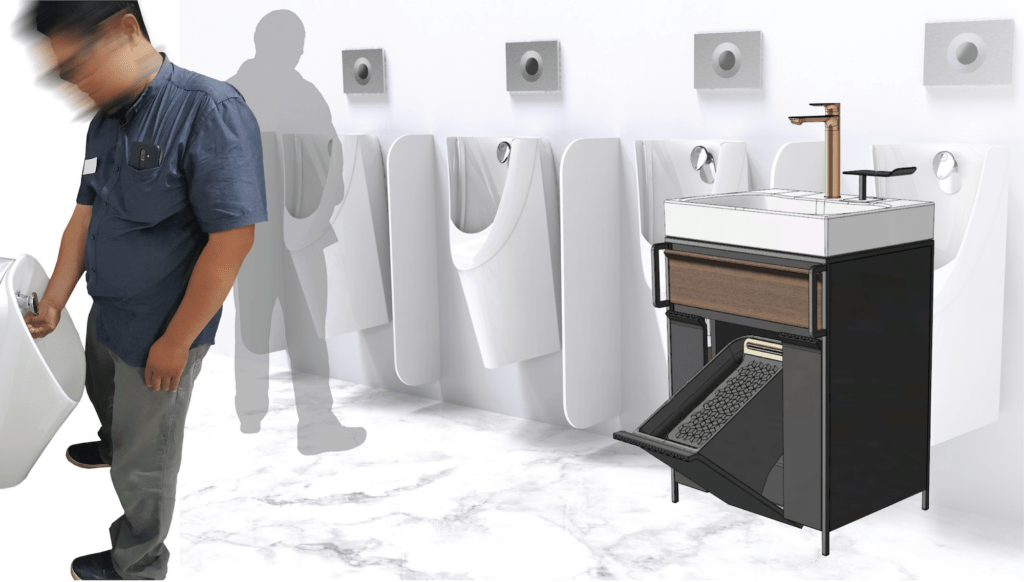
Kohler wanted to explore opportunity areas to cater Muslim specific needs in bathspace. We started the exploratory journey in 2017 with a series of user research, ethnographic research, observations, and interview with experts. We derived key opportunity areas for innovation and we then worked closely with the client to do iterative user testing with the developed concepts and working prototypes. The project won several international awards and has been developed and launched to the public in 2022.
The Impact
Kohler wanted to explore opportunity areas to cater Muslim specific needs in bathspace. We started the exploratory journey in 2017 with a series of user research, ethnographic research, observations, and interview with experts. We derived key opportunity areas for innovation and we then worked closely with the client to do iterative user testing with the developed concepts and working prototypes. The project won several international awards and has been developed and launched to the public in 2022.
Our Approach
As the Muslim market is growing, Kohler, one of the largest international sanitaryware companies, wanted to develop new innovative sanitary wares for Muslims. Throughout the 3 years project, we worked closely with Kohler to discover new opportunities for innovations, develop concepts and then test and iterate the design of the concept:
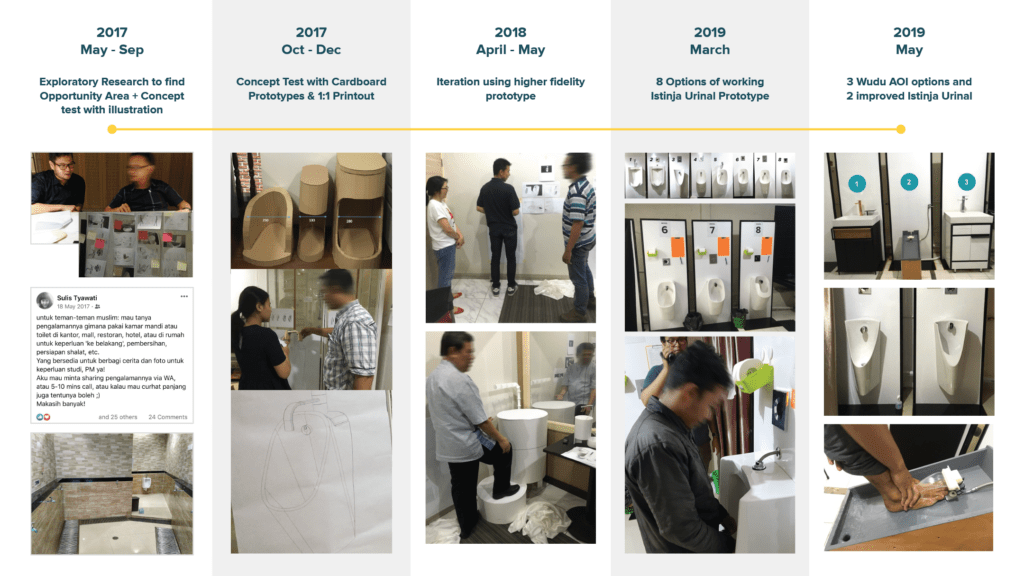
Our Journey and Process
Phase 1: Exploratory Research & Concept Testing
We started the exploratory journey in 2017 with a series of user research, ethnographic research, observations, and interview with experts (architect, Prominent figures in Islam).
From this initial discovery, we synthesized several key opportunity areas, especially regarding Muslim cleaning rituals and beliefs, such as Wudu (washing all over the face, hand, and foot) and Istinja (cleaning of private parts with water after relieving oneself).
Such needs, however, are not catered well in today’s sanitary products. We found out that there are many workarounds done by the users to be able to do their rituals. From these discoveries, we developed concept ideas to be tested with the potential users in order to discover the design principles and prioritize concepts to be further developed.
Phase 2: Real-Size Prototype Usability Testing
The prioritized concepts were then developed into a real-size prototype, such as 1:1 printouts and cardboards. These prototypes were shown and tested to a number of homeowners and business users to gain their usability feedback. By creating a real-size prototype, we could observe how users interacted with the products.
From the usability testing, we discovered the physical requirements & essential features of the product, which later is used as a guideline for the client to develop the product further. These inputs were important to help us and our client to take decisions before developing a high-cost working prototype.
Phase 3: Working Prototype UT & Finalization
When we tested the non-working prototypes, some feedback may come only from the user’s imagination, which might be different than when they directly interact with the working prototypes. Therefore, it’s important to do usability testing using working prototypes to prevent wrong decisions before finalizing the concept for mass production.
Kohler team developed 8 working prototypes based on the input of the previous phase. Then, we test it to the potential users, developers, architects, technicians & Muslim experts and ask them to prioritize it. We did not only evaluate the usability of the products but also discussed the price they are willing to pay and how they would adopt the products for their home/construction projects. With the Muslim experts, we discussed how to appropriately design, communicate and implement the products.
From the input of the previous round of research, Kohler’s team iterated a new-refined prototype, and then, we tested it again. Finally, the design got approval from the respondents as it already covered most of their needs. From these learnings, Somia provides the Final Product Recommendations and suggested that we can finalize the product.
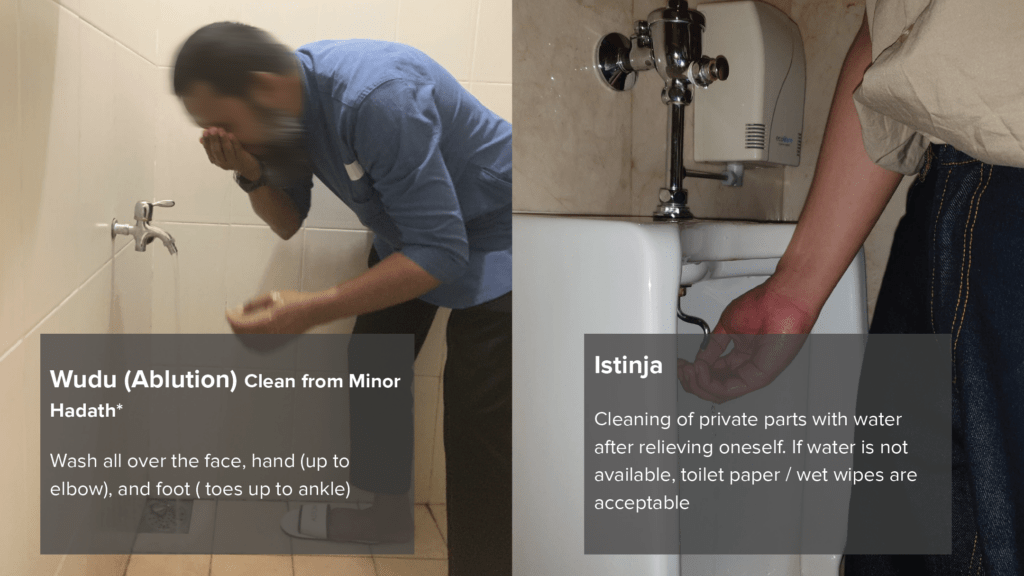
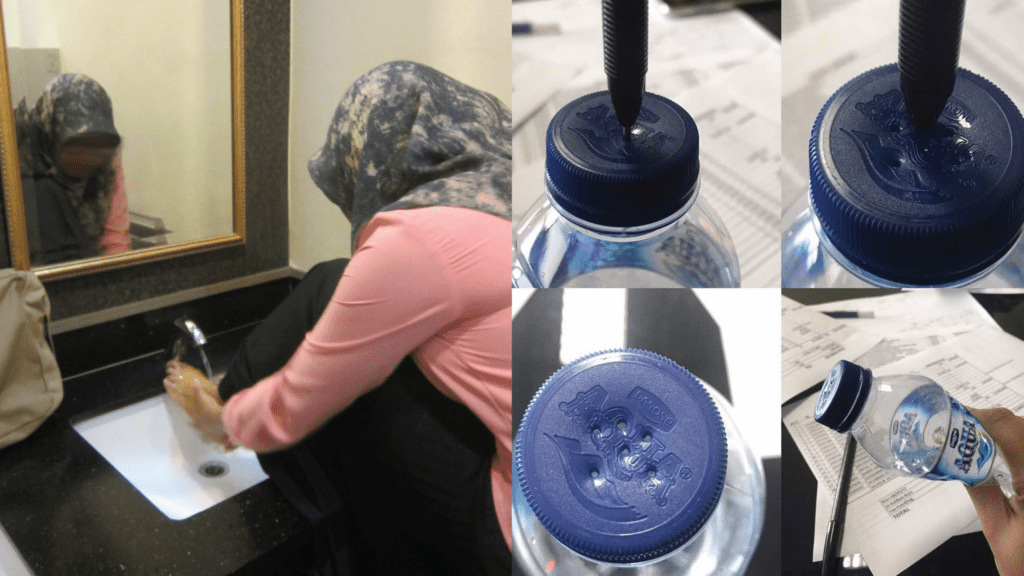
Wudu, Istinja, and the workaround Muslim does to cater their ritual
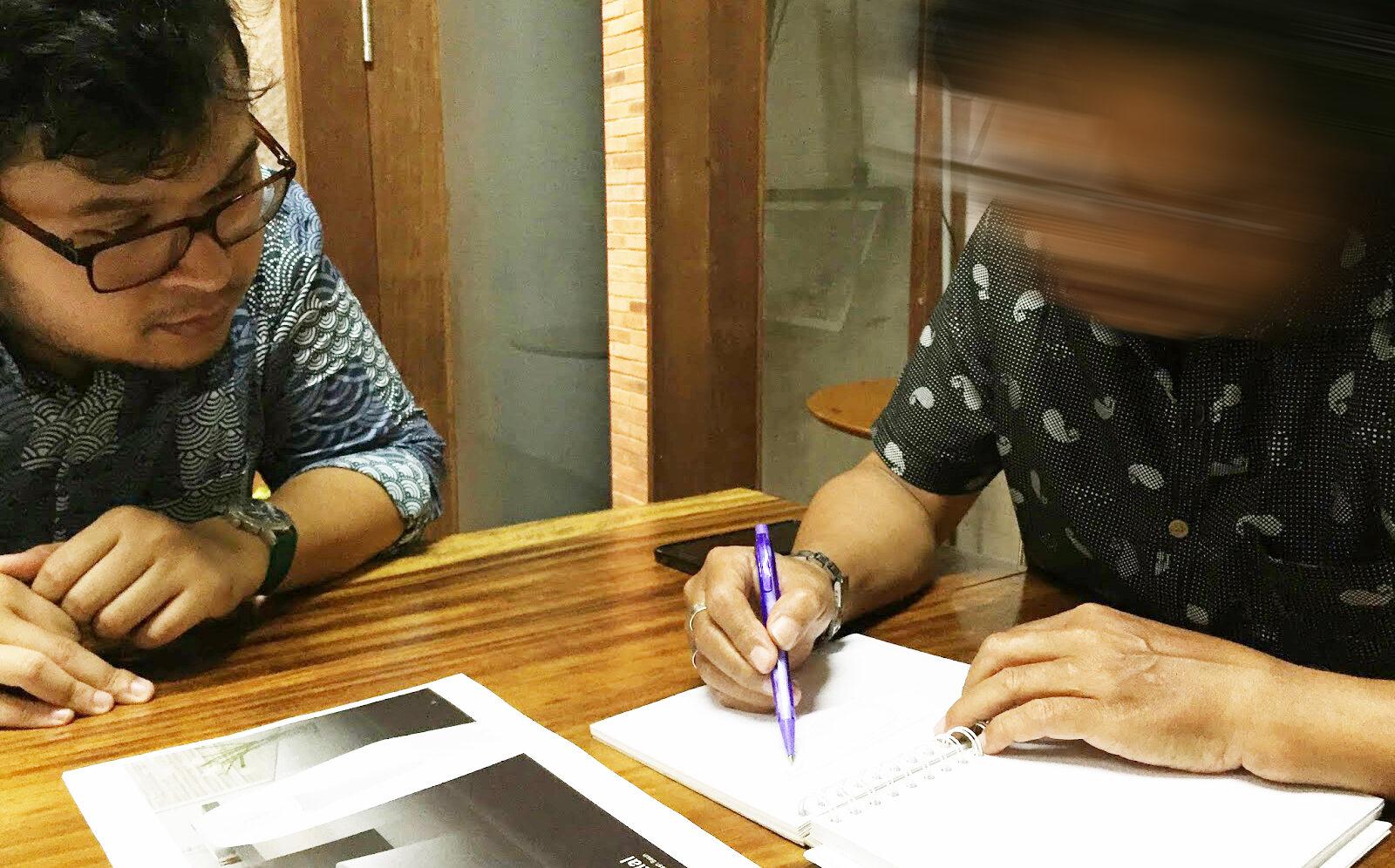
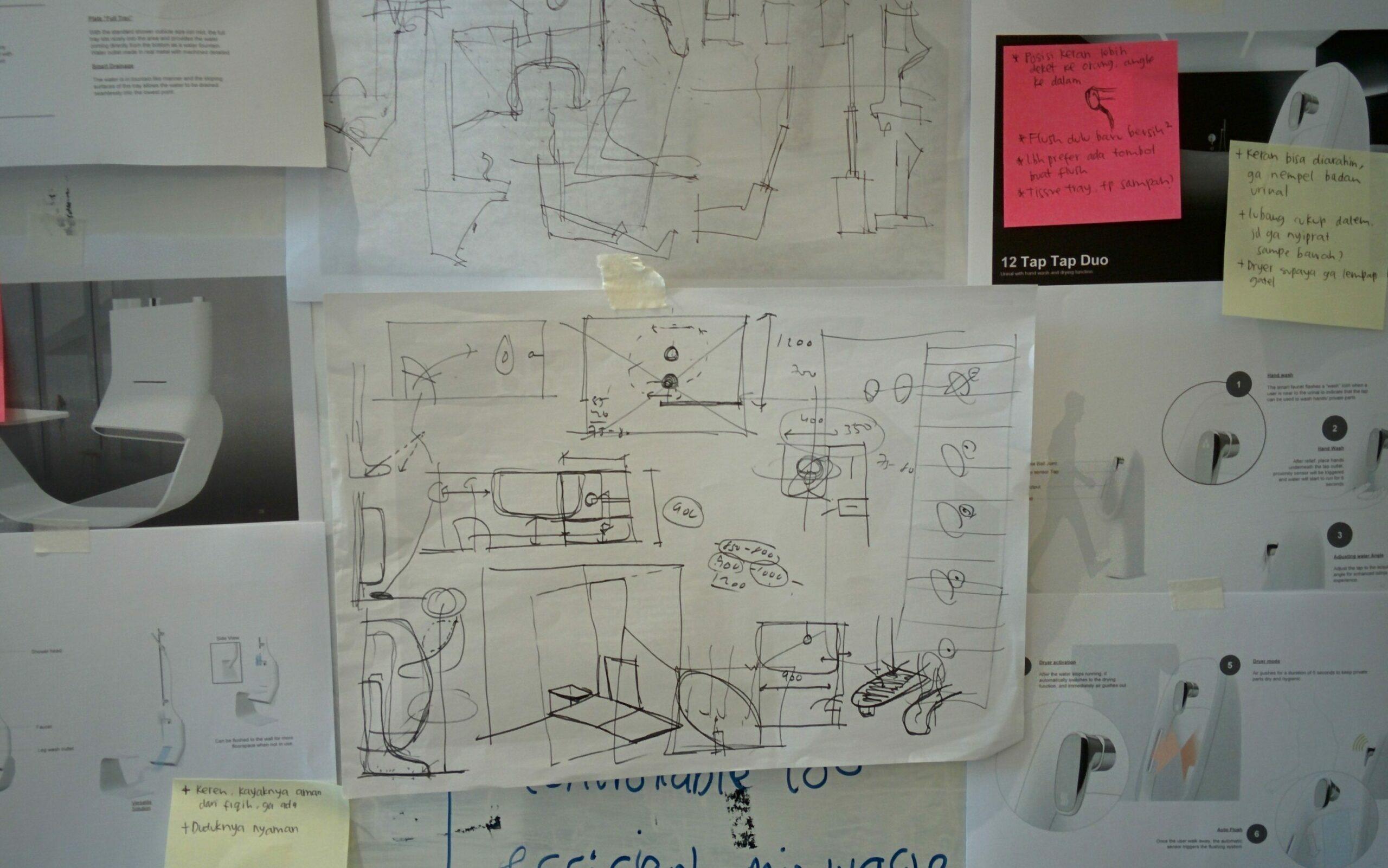
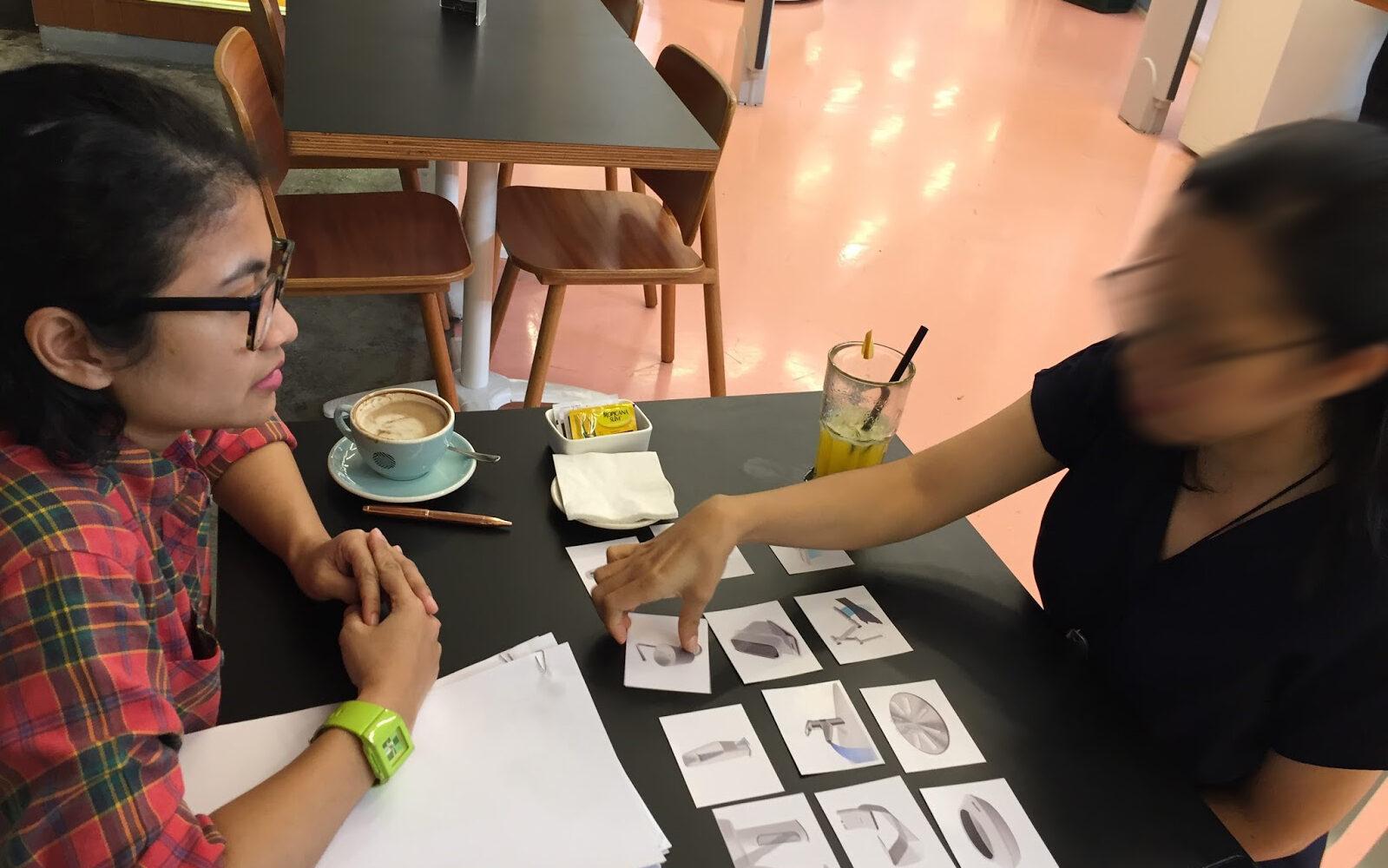
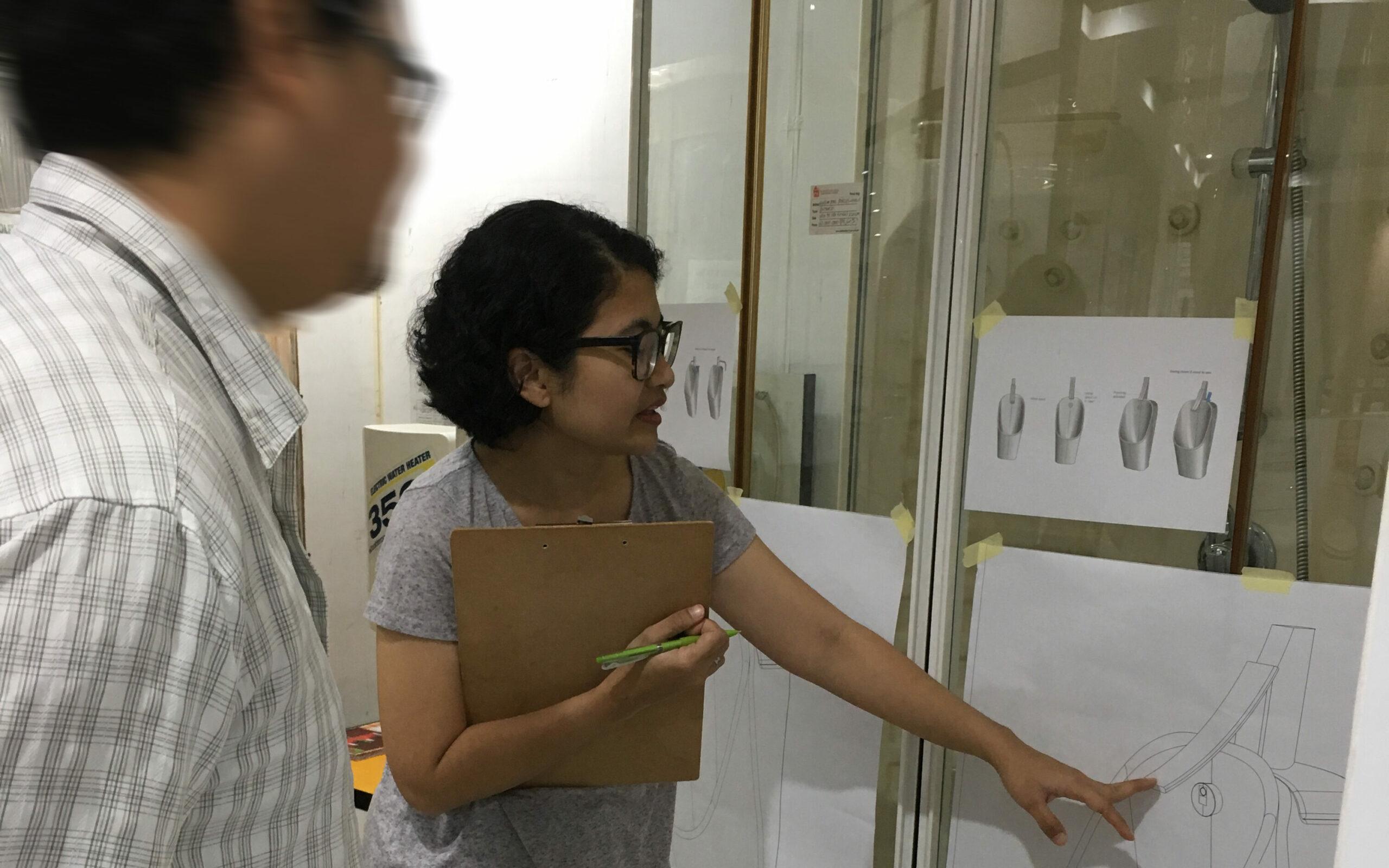
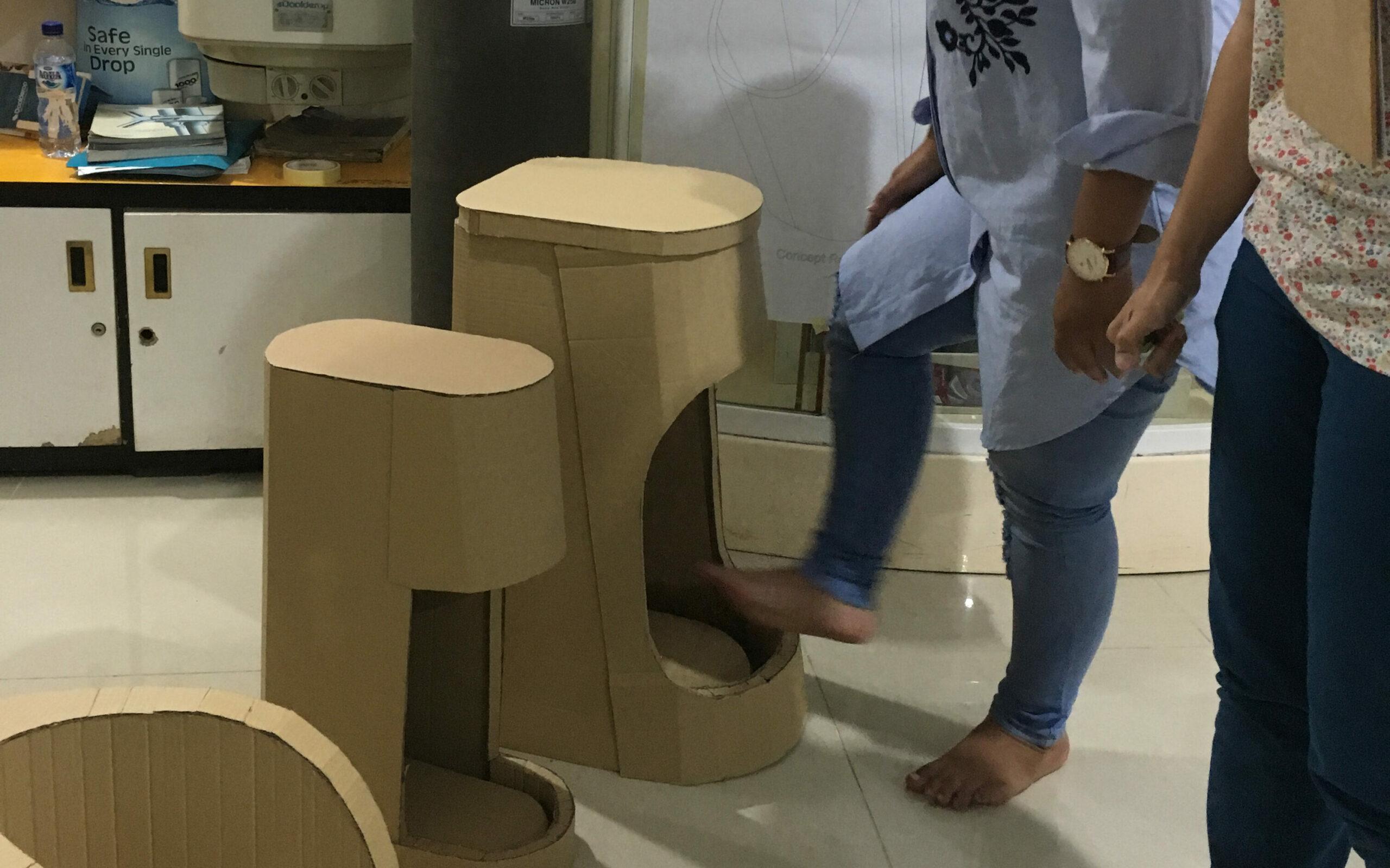
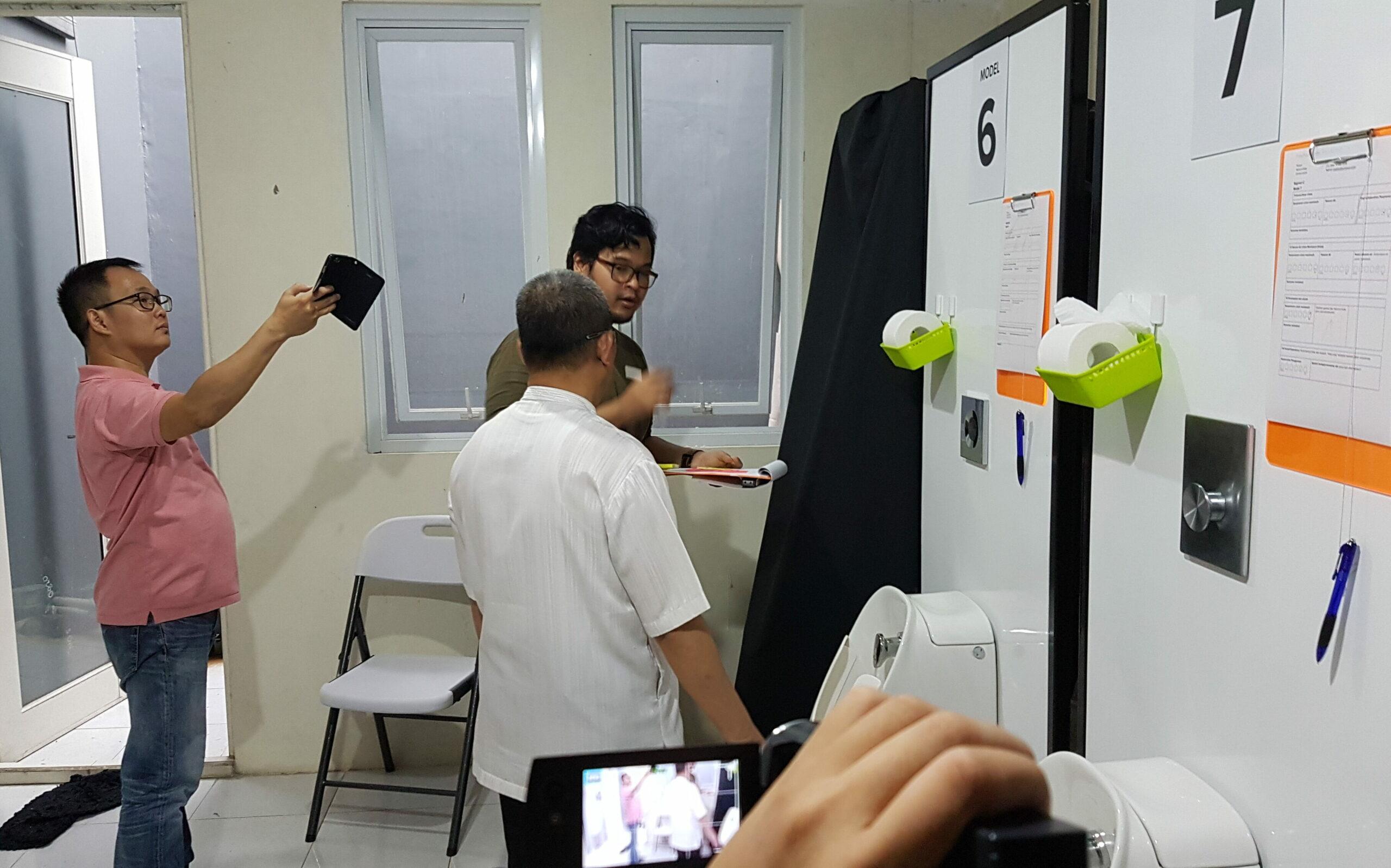
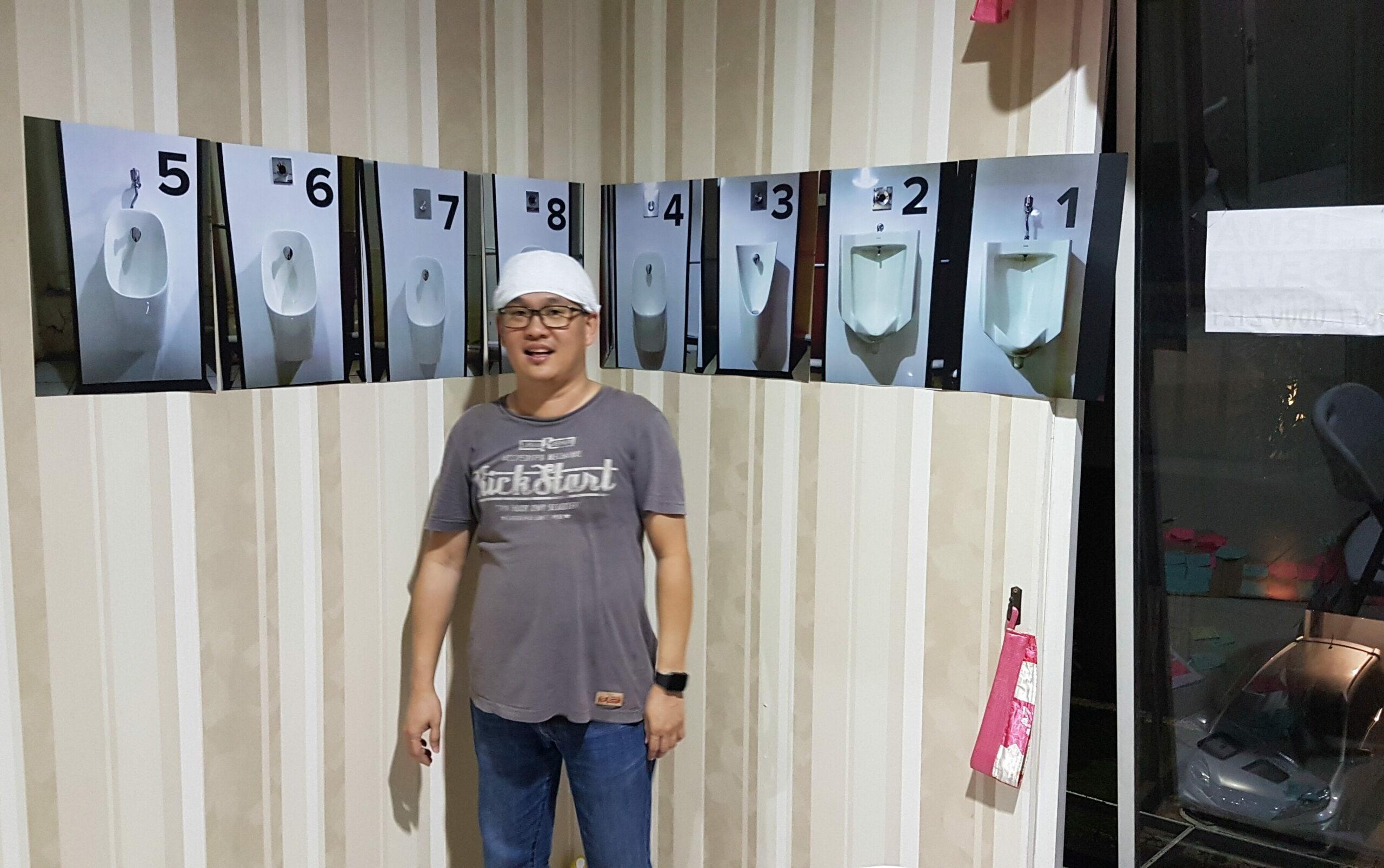

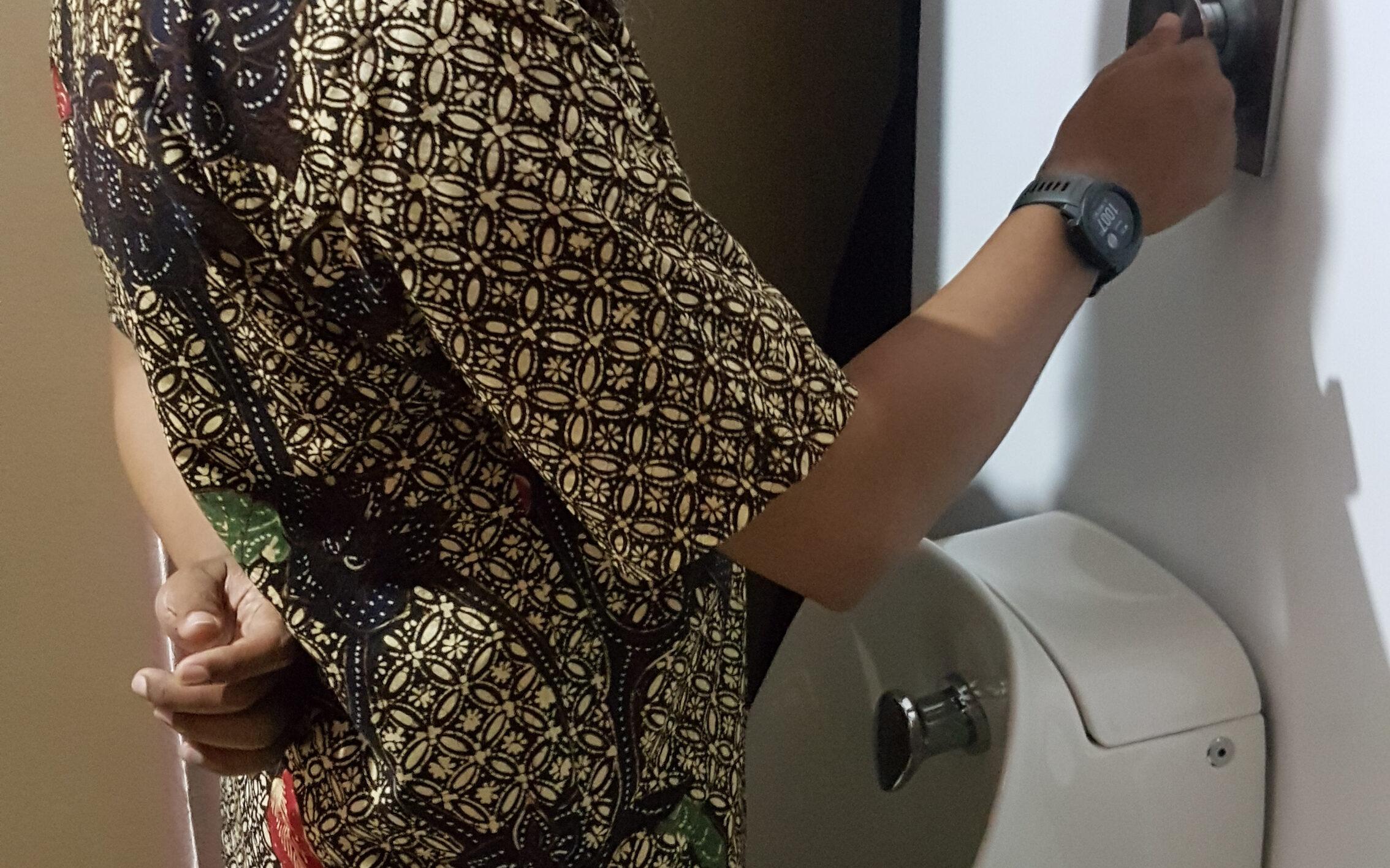

From the concept drawing, to mid-fidelity prototype, then high fidelity working prototype
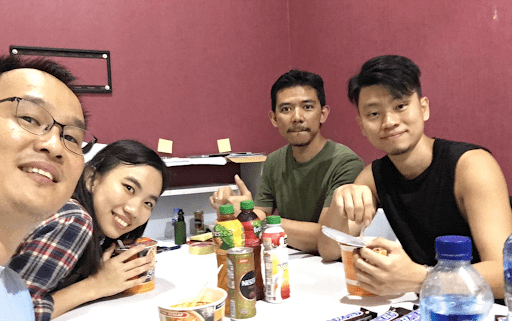
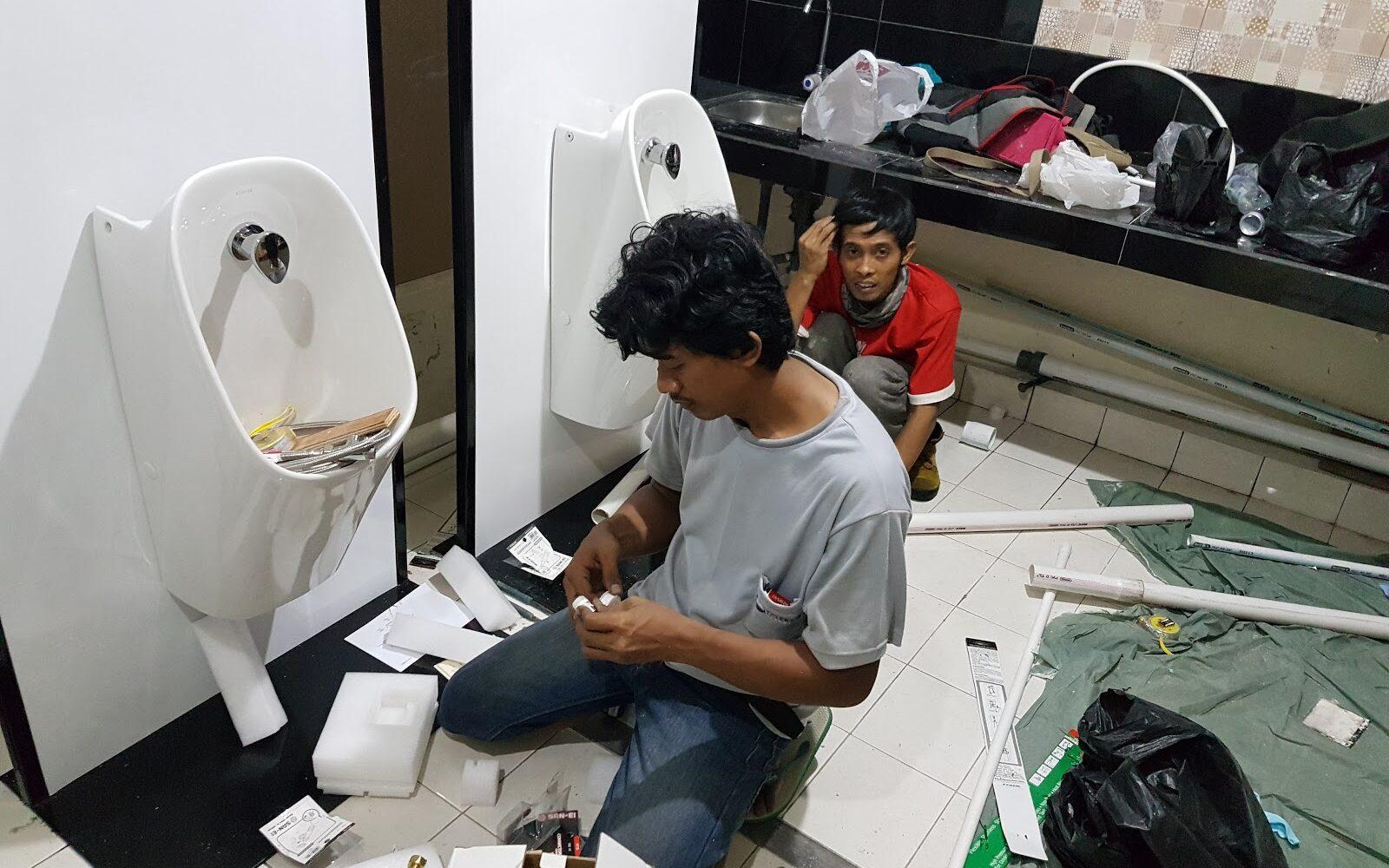
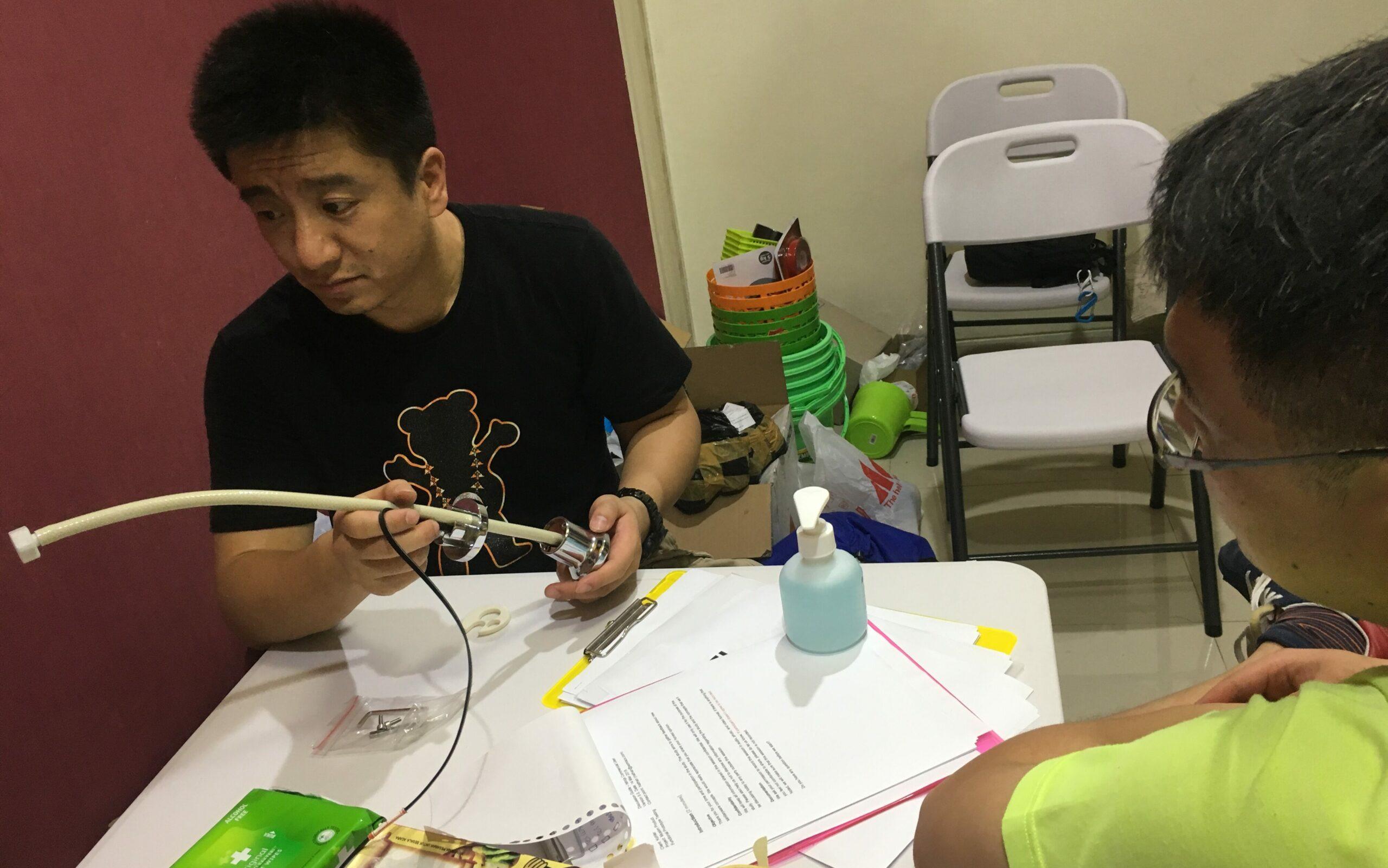
Close collaboration! During the project, Kohler team worked closely with Somians during all phases of the project
The Results
The product concept of this project, the Kohler Rivlet, has been launched to the market in 2022, while the Urinal Istina is still under development. The concept has attracted the interest of both Indonesian and international markets. The project has also received several international recognitions and awards.
Awards & Recognitions
We are very honored and humbled that the Istinja Urinal Concept won in:

on Product Discipline: Bathroom Product Category (For both Istinja Urinal and Wudu All in One Station)
Consultant in-charge

Dono Firman
Project Lead

Ukasha Q.A.P
User Researcher

Andrea Stefanny
User Researcher

Larissa Rena
User Researcher

Nathaniel Orlandy
User Researcher
See more our similar works
Collaborate with us!
Looking for ways to transforming your business?
Get in touch with us!
